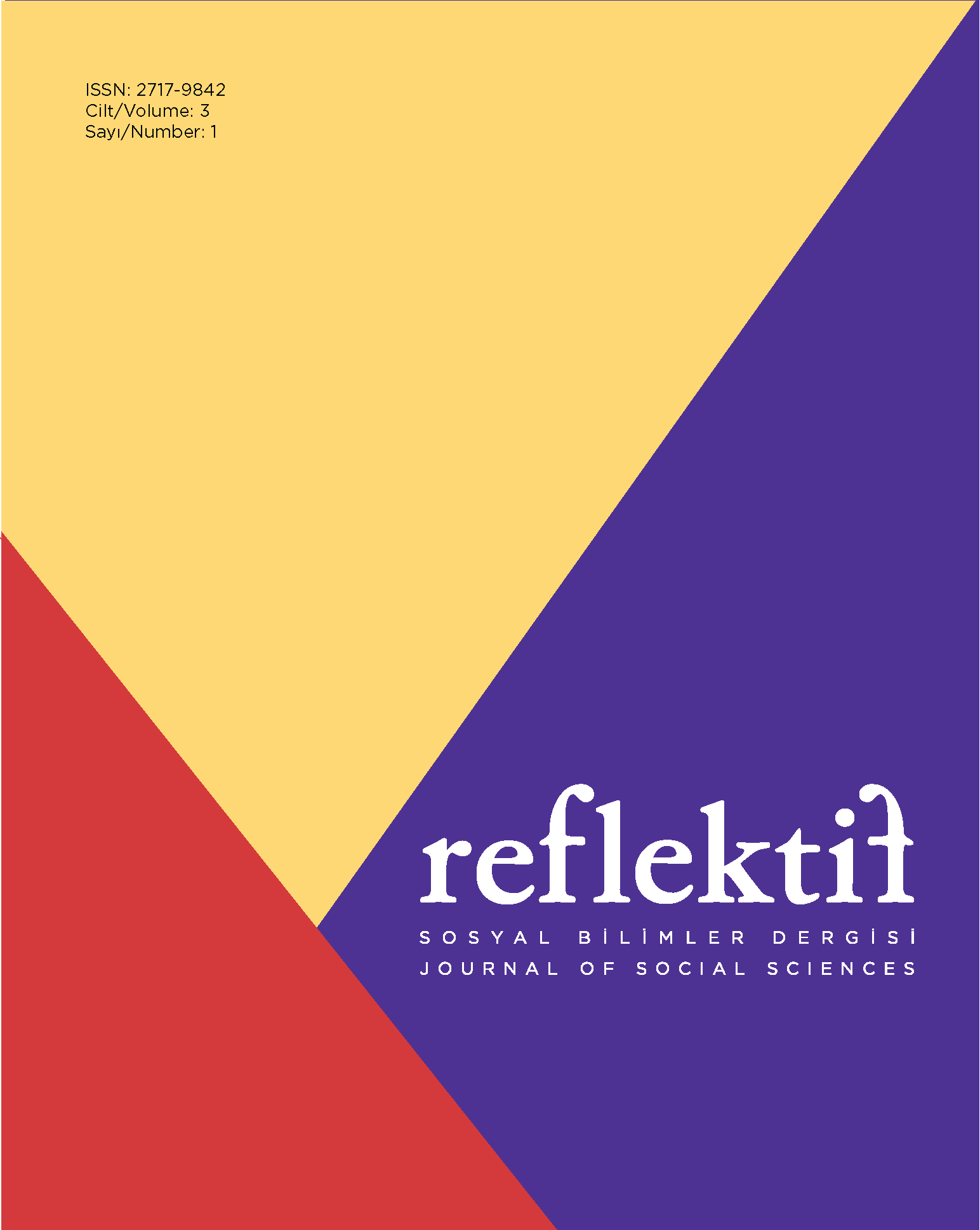Theoretical Views on Everyday Morality: “Let Me Tell You a Story”
DOI:
https://doi.org/10.47613/reflektif.2022.54Keywords:
naturalistic conceptualizations, layperson, everyday moralityAbstract
This paper discusses some theoretical and methodological deficiencies in morality psychology in understanding everyday morality and some possible methods to overcome. Morality theories using both the deductive approach and hypothetical dilemmas, especially thoe that are distant to ordinary life, have failed to understand everyday morality. Important structures such as context, culture, or language which affect how morality is constructed, given meaning, or transferred have had a very limited place in traditional morality theories. With the support of anthropological theories, contemporary theories which have had to consider cultural effects, still have not looked closely enough into natural morality conceptionalizations of the layperson. When these natural conceptualizations were investigated it was found that in daily life morality is handled in terms of personal characteristics instead of abstract moral principles. The paper suggests that the most appropriate approach to understanding everyday morality is to investigate these naturalistic conceptualizations.
Downloads
Published
How to Cite
Issue
Section
License
Copyright (c) 2022 Sevim Cesur

This work is licensed under a Creative Commons Attribution-ShareAlike 4.0 International License.
All manuscripts which are submitted to the REFLEKTIF Journal of Social Sciences should not be published, accepted and submitted for publication elsewhere.
In case an article is accepted for publication it is allowed to combine the article with other researches, to conduct a new research on the article or to make different arrangements on condition that the same license is used including the commercial purpose.
As an author of an article published in REFLEKTIF Journal of Social Sciences you retain the copyright of your article and you are free to reproduce and disseminate your work.




